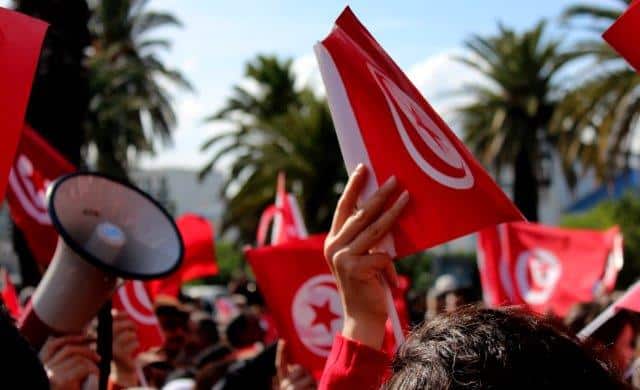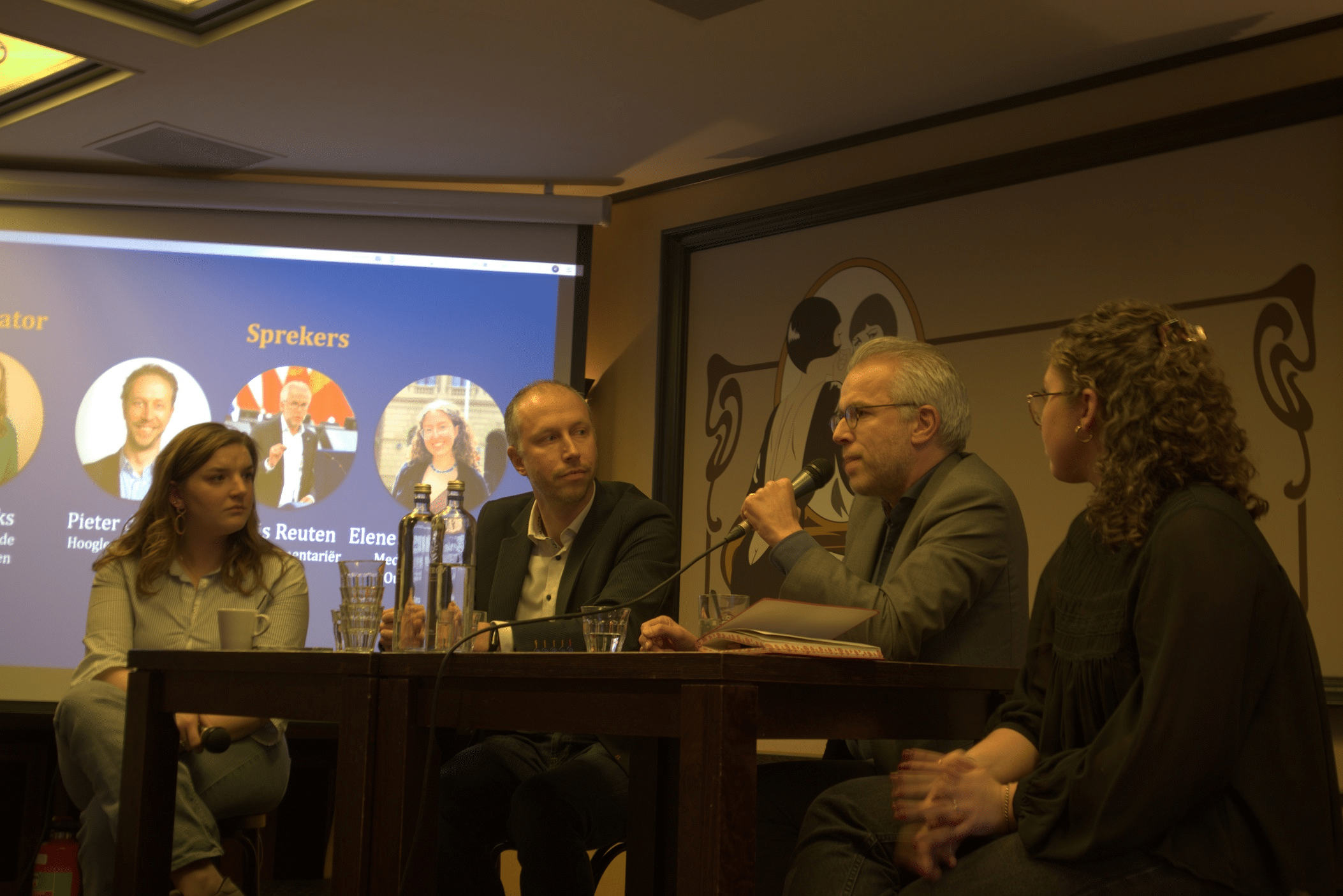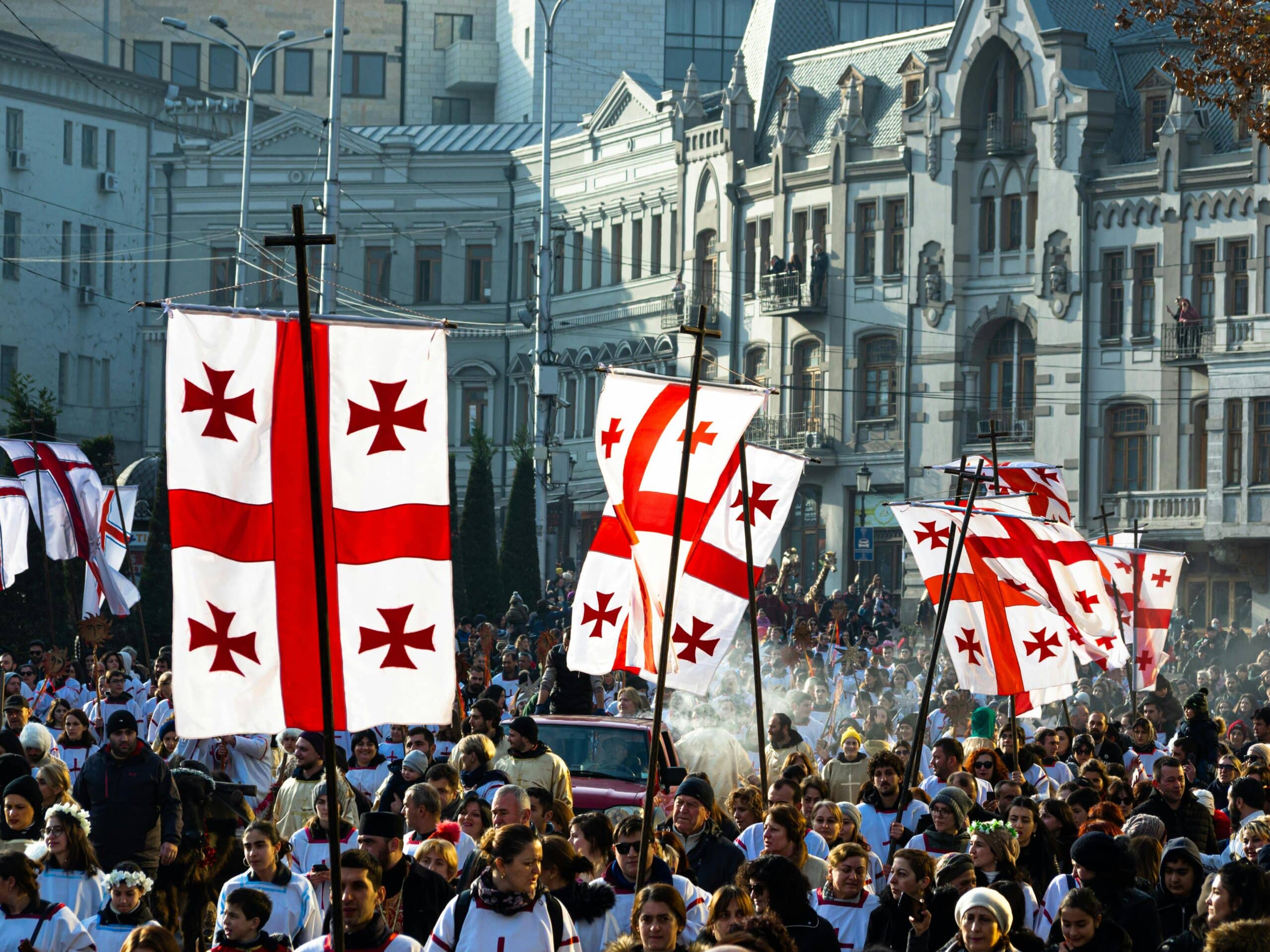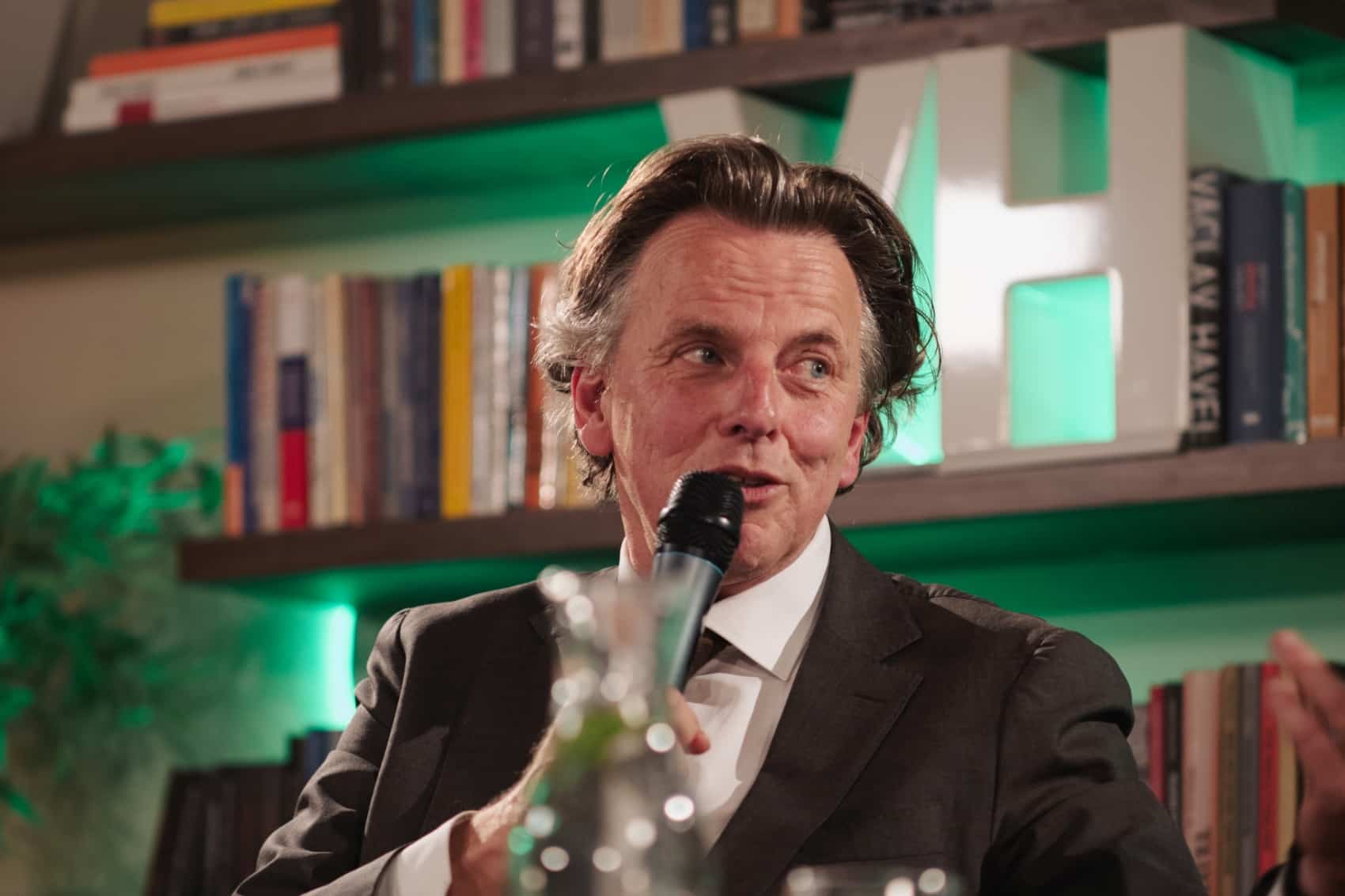With a year to go before the parliamentary elections, the political scene in Tunisia is already changing considerably. While the seculars still managed to unite in 2014, the Nidaa Tounes party is falling apart bit by bit in the run-up to the elections. The prime minister is changing ministers without the consent of his own party and already a number of parliamentarians decide to switch to another group. Meanwhile, the largest trade union further strains relations with a mass protest against the government's economic policies.
New composition of government
The 10e major cabinet reshuffle since the fall of autocrat Zine El-Abidine Ben Ali is due to Tunisia's ever-ailing economy and therefore ongoing political crisis. Prime Minister Youssef Chahed hopes to solve both problems with the injection of "new blood". Strangely, he does not have the support for this from his own party, Nidaa Tounes, which prefers to see him go because of his 'failing policies'. Chahed, in turn, accuses the party of lacking support for reforms to tackle corruption.
President Beji Caid Essebsi, founder of Nidaa Tounes and father of its current leader, Hafedh Caid Essebsi also initially did not want to know about the changeover. But he chose eggs for his money and decided not to deepen the political crisis, after learning that the prime minister had now found a majority in parliament. Result: 10 new ministers for Chahed and minus five MPs for Nidaa Tounes. They were supposed to boycott the vote, but went against the party line. The party labelled the change as a "coup" against the 2014 winner (itself), which is why it has filed a lawsuit in a military court. Ennahdha, moderate Islamist and currently the largest party, reacted with disappointment to Nidaa Tounes' actions and expressed hope that the newly formed government can operate more stably in the coming year.
Largest protests in five years
Even the most powerful union, the Union générale Tunisienne du travail (UGTT) is at odds with the prime minister over his plan to thoroughly reform state-owned enterprises. Last week, more than 650,000 people took to the streets to protest against the government's decision not to raise wages for the time being. The biggest strike in 5 years. According to the UGTT, negotiations for wage increases have failed because the government is dancing to the tune of the IMF. In contrast, the prime minister argues that the plans worth almost $700 million are totally unrealistic and that at least he cannot be accused of acting out of populism or electoral gain. International donors need not worry for now. The government is sticking to its proposed cuts. However, the UGTT has announced new general strike for January and several small parties have called on the government to finally start serious negotiations.
Ennahdha vs Nidaa Tounes vs ?
Although together they still form the core of the government, the battle between Ennahdha and Nidaa Tounes is undeniable. While Nidaa is falling apart, Ennahdha manages to keep its ranks closed. With their mantra "stability above all else", the Islamists can hardly be blamed. It is the secularists who are making a mess of things themselves. Nidaa Tounes has only 46 seats left in the 217-seat parliament due to the loss of MPs over the years. Four years ago, it was almost double that. Many MPs have defected to the Coalition Nationale, currently a group without a party behind it. However, it does support the prime minister's 'centrist line' and consultations with various parties are ongoing to build a new, strong movement.
The question is how definitive the schism on the secular front is. Nidaa Tounes received a lot of support in 2014 because she was not tainted by the ineffective Ennahdha-led government and therefore stood out as a secular alternative. There was also much criticism of the governance skills of the then government. Nidaa Tounes, with in her ranks a large number of ministers who also served under Ben Ali, brought this. She also managed to unite leftist and secular parties, unlike in 2011. But even in this party, voters are now disappointed. This was already evident in the local elections in May, where most of the votes went to independent candidates. The coming months will have to show what (new) alternative emerges to fulfil the promises of the revolution.
Photo: Amine Ghrabi/Flickr (Creative Commons)





